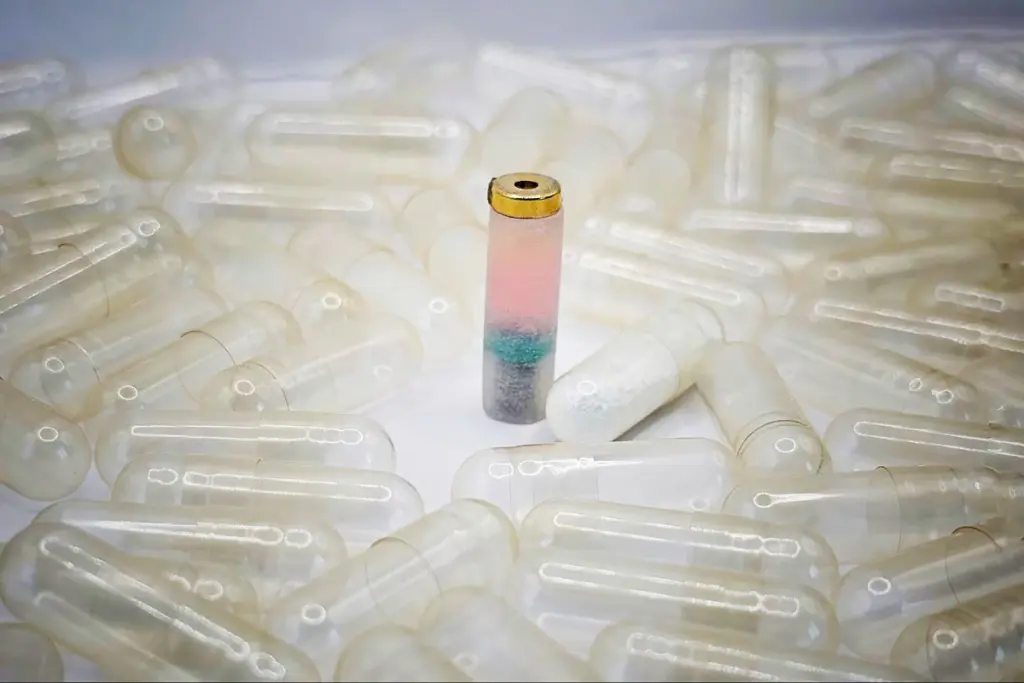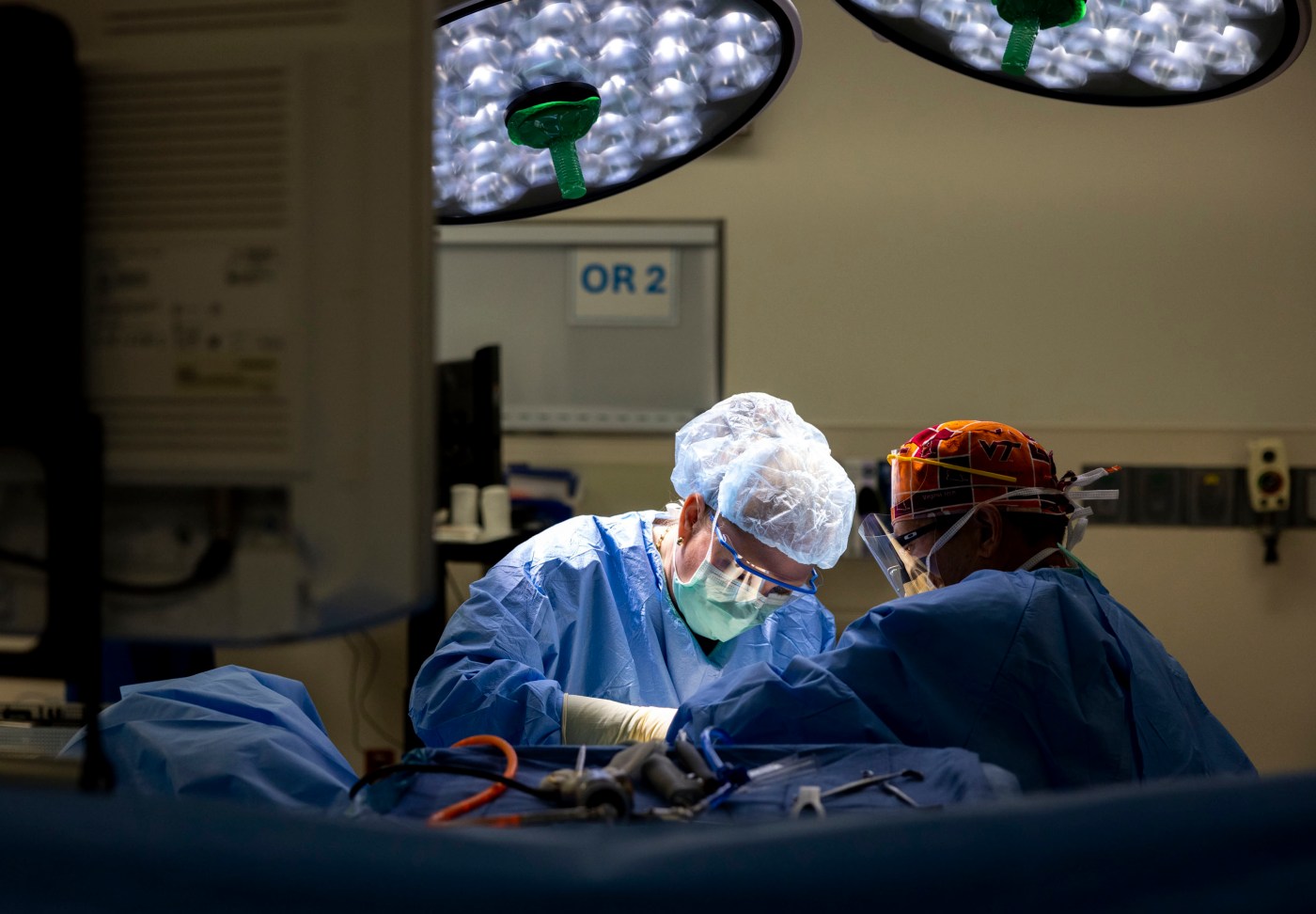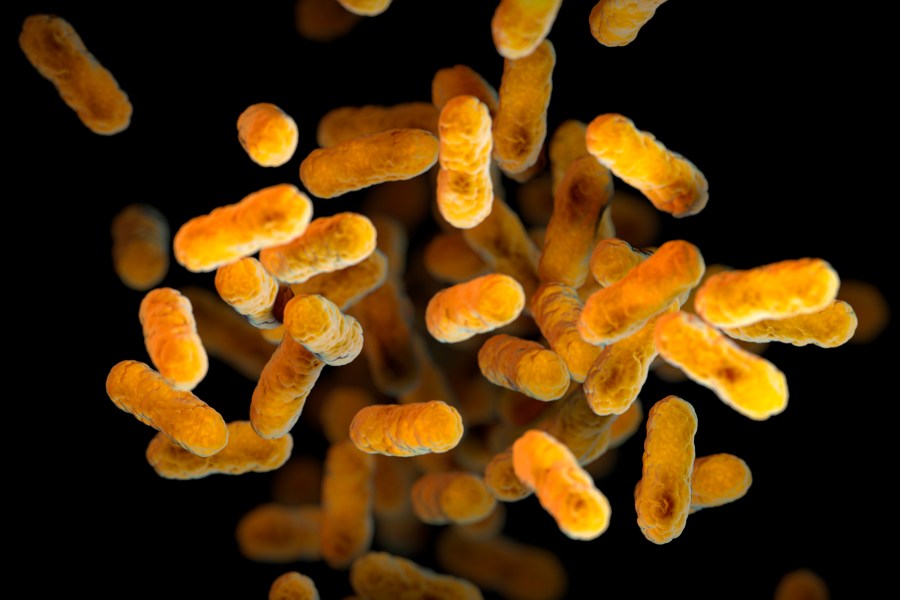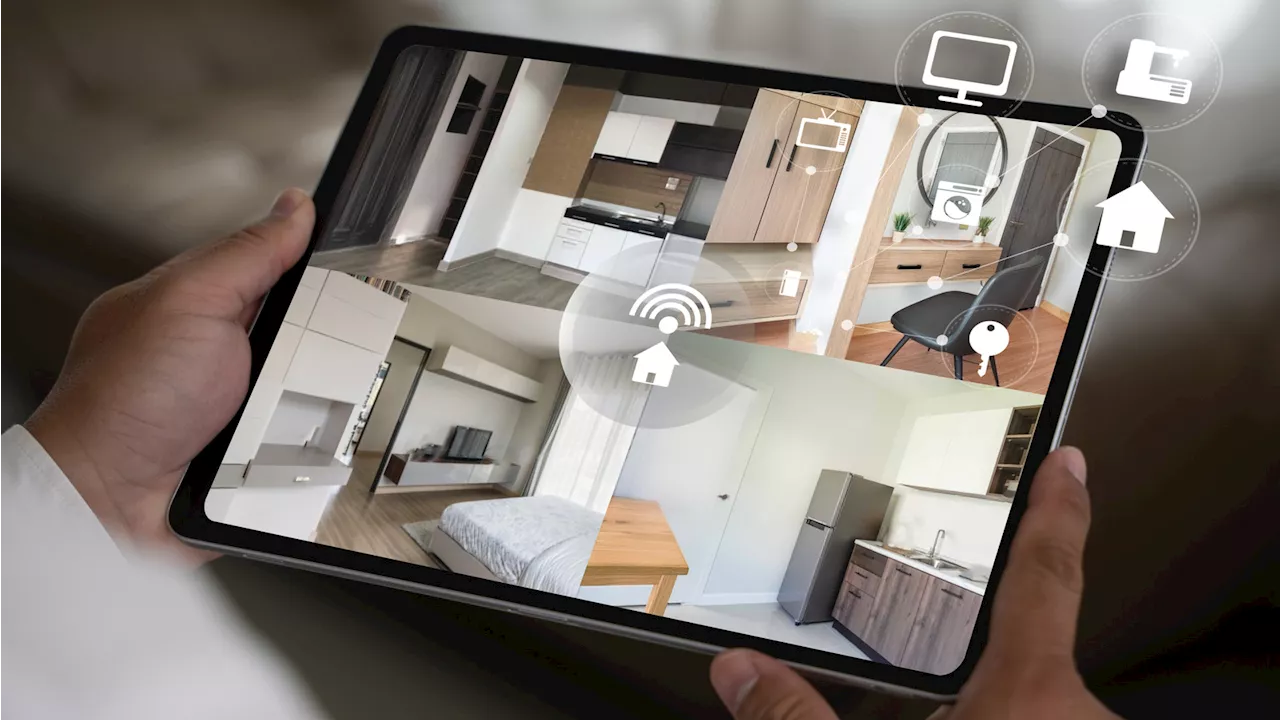
A new medical device, resembling a small pen, could transform the treatment of digestive ulcers that create perforations in the stomach lining. Researchers at Switzerland’s EPFL (École Polytechnique Fédérale de Lausanne) have developed a prototype called the Magnetic Endoluminal Deposition System (MEDS), which offers a non-invasive alternative to current surgical methods.
The device is designed to be swallowed and is filled with a bio-ink composed of seaweed-derived sodium alginate gel and live human gastric fibroblasts, the cells responsible for forming connective tissue in the stomach. The MEDS system incorporates a spring-loaded plunger and a nozzle fitted with a gold-coated neodymium-iron-boron magnet, which allows for precise navigation through the digestive tract.
Once swallowed, a magnet on a robotic arm guides the MEDS to the site of the ulcer. Medical imaging technology aids in this navigation, ensuring accuracy. When the device reaches the ulcer location, a near-infrared light (NIR) source, placed against the skin, generates heat that melts the PLA (polylactic acid) stopper, releasing the bio-ink. This process not only seals the perforation but also promotes healing as the fibroblasts in the bio-ink grow and reproduce.
The MEDS technology has shown promising results in laboratory settings, successfully treating artificial ulcers on simulated gastric tissue. It has also been tested in rabbits, where the device was guided back out of the animals’ mouths after deployment, rather than being expelled through feces.
Sanjay Manoharan, a PhD student in Vivek Subramanian‘s lab, highlighted the results of their controlled experiments, noting that the cell-laden bio-ink maintained its structural integrity for over 16 days. He explained that this suggests the potential for the device to function as a “micro-bioreactor” capable of releasing growth factors and attracting new cells for effective wound healing.
A paper detailing this innovative research was recently published in the journal Advanced Science, marking a significant step forward in the field of gastrointestinal medicine. If successful in clinical applications, MEDS could reduce the need for invasive surgeries and offer a simpler, more effective solution for patients suffering from ulcers.






